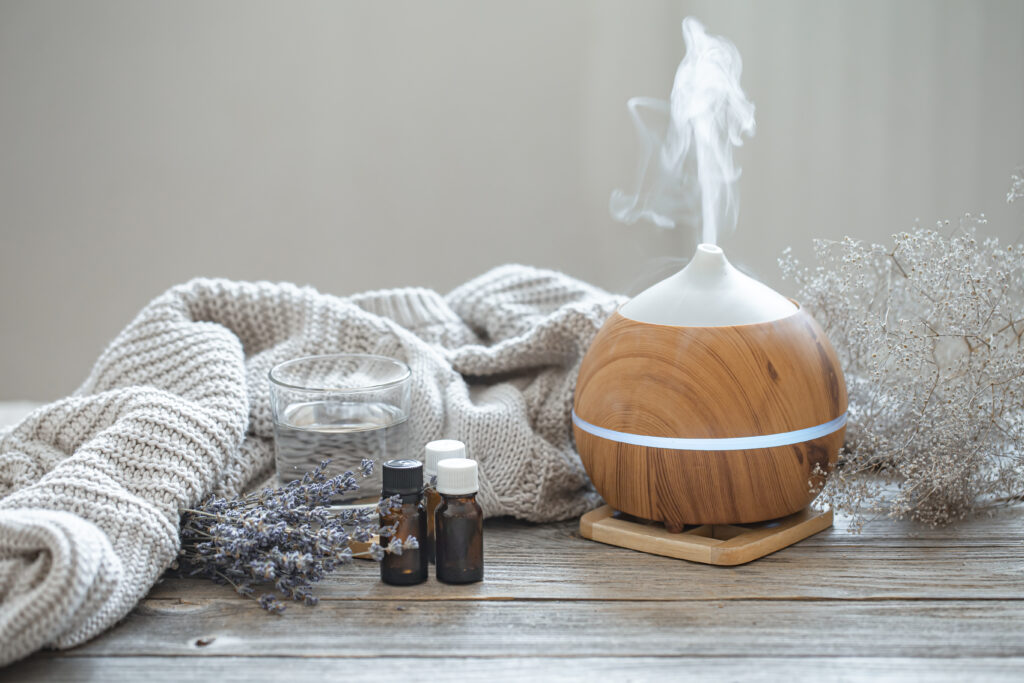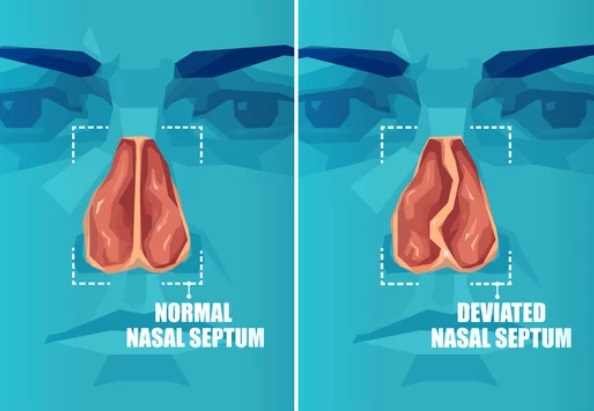Introduction
Have you ever wondered why, during the night, as you snuggle into your bed, your nose seems to have a mind of its own, opting for stuffiness over the clarity it enjoyed during the day? The nighttime nasal congestion mystery is more common than you might think, and in this article, Let’s dive into the underlying factors that a stuffy nose causes this pesky phenomenon and explore some potential solutions to help you breathe easily again
Understanding the Human Nose
To comprehend why our noses act up at night, it’s crucial to understand their intricate workings.
The nasal passages consist of delicate blood vessels and tissues, all governed by the autonomic nervous system.
During the day, external factors like temperature, humidity, and allergens play a role in nasal dynamics. However, at night, when the environment changes, so does the behavior of our nasal passages.
The Role of Environmental Factors
1. Humidity and Dry Air

One significant factor contributing to nighttime nasal congestion is the humidity level in your bedroom.
As the air tends to be drier at night, especially in heated or air-conditioned spaces, your nasal passages may react by becoming congested.
To alleviate this, consider using a humidifier to maintain optimal humidity levels.
2. Temperature Fluctuations

Temperature changes during the night can impact nasal congestion.
When it’s colder, blood vessels constrict, reducing blood flow to the nasal tissues and potentially causing congestion.
Conversely, warmer temperatures can lead to nasal blood vessel dilation.
Finding a comfortable and consistent sleeping temperature might help mitigate these effects.
Allergens and Irritants

3. Allergies
Allergic reactions to dust mites, pet dander, or pollen can trigger nasal congestion, especially when you’re exposed to these allergens in your sleep environment.
Regularly cleaning your bedding, using hypoallergenic pillowcases, and keeping pets out of the bedroom can make a significant difference.
4. Irritants in the Bedroom

Household irritants like strong odours, perfumes, or cleaning products can irritate the nasal passages, leading to congestion.
Opt for fragrance-free products in your bedroom and ensure proper ventilation to minimize the impact of irritants on your nasal health.
Body Position and Nasal Congestion
5. Supine Position and Gravity

Believe it or not, your sleeping position can influence nasal congestion.
Nasal congestion can worsen when you lie down because lying down increases the blood flow to your head. This excess blood flow can cause the blood vessels in the nasal passage to swell. When the blood vessels in the nose become inflamed, your nose feels stuffy.
Experiment with propping yourself up with an extra pillow to encourage better airflow, especially if you’re prone to snoring.
6. Dietary Considerations

Certain foods can contribute to nasal congestion, especially if consumed close to bedtime.
Spicy dishes, dairy products, and processed foods may exacerbate inflammation and congestion.
Opt for a light, well-balanced dinner and consider avoiding trigger foods to promote a clearer nasal passage.
7. Hormonal Influences

In some cases, hormonal fluctuations can impact nasal congestion, particularly in women. Pregnancy, menstruation, and menopause can contribute to changes in nasal blood flow and mucous production. Understanding these hormonal shifts can help you manage and alleviate nighttime nasal congestion.
8. Nasal Anatomy


The physical structure of your nasal passages can also contribute to nighttime congestion. Deviated septum or nasal polyps can obstruct airflow, leading to increased difficulty breathing at night.
Consult with an ENT doctor if you suspect structural issues are causing your nasal discomfort.
9. Weather Woes
External weather conditions, especially during colder months, can intensify nasal congestion. Cold and dry air can irritate the nasal lining, making it prone to swelling.
Incorporate protective measures, such as wearing a scarf outdoors, to shield your nose from harsh weather elements.
10. The Power of Hydration

Staying adequately hydrated is a fundamental key to combating nighttime nasal congestion. Proper hydration helps maintain the mucous membranes in your nasal passages, preventing them from drying out and becoming more susceptible to congestion.
In Conclusion
By addressing allergies, optimizing your sleep environment, and considering lifestyle factors, you can significantly reduce the likelihood of waking up with a stuffy nose.
Experiment with these tips, and you’ll be well on your way to enjoying a more peaceful and congestion-free night’s sleep. Sweet dreams!
THANK YOU
MEDICAL ADVICE DISCLAIMER:
This blog including information, content, references, and opinions is for informational purposes only.
The Author does not provide any medical advice on this platform.
Viewing, accessing, or reading this blog does not establish any doctor-patient relationship.
The information provided in this blog does not replace the services and opinions of a qualified medical professional who examines you and then prescribes medicines.
And if you have any questions of medical nature, please refer to your doctor or the qualified medical personnel for evaluation and management at a clinic/hospital near you.
The content provided in this blog represents the Author’s own interpretation of research articles.
